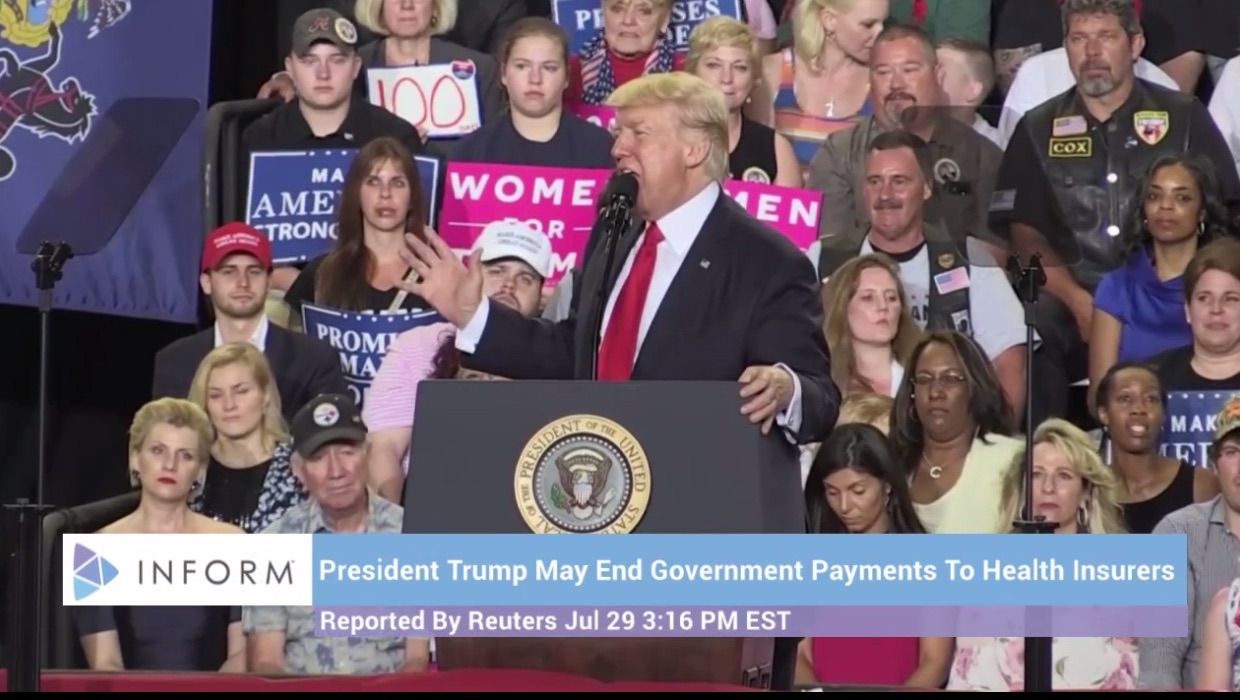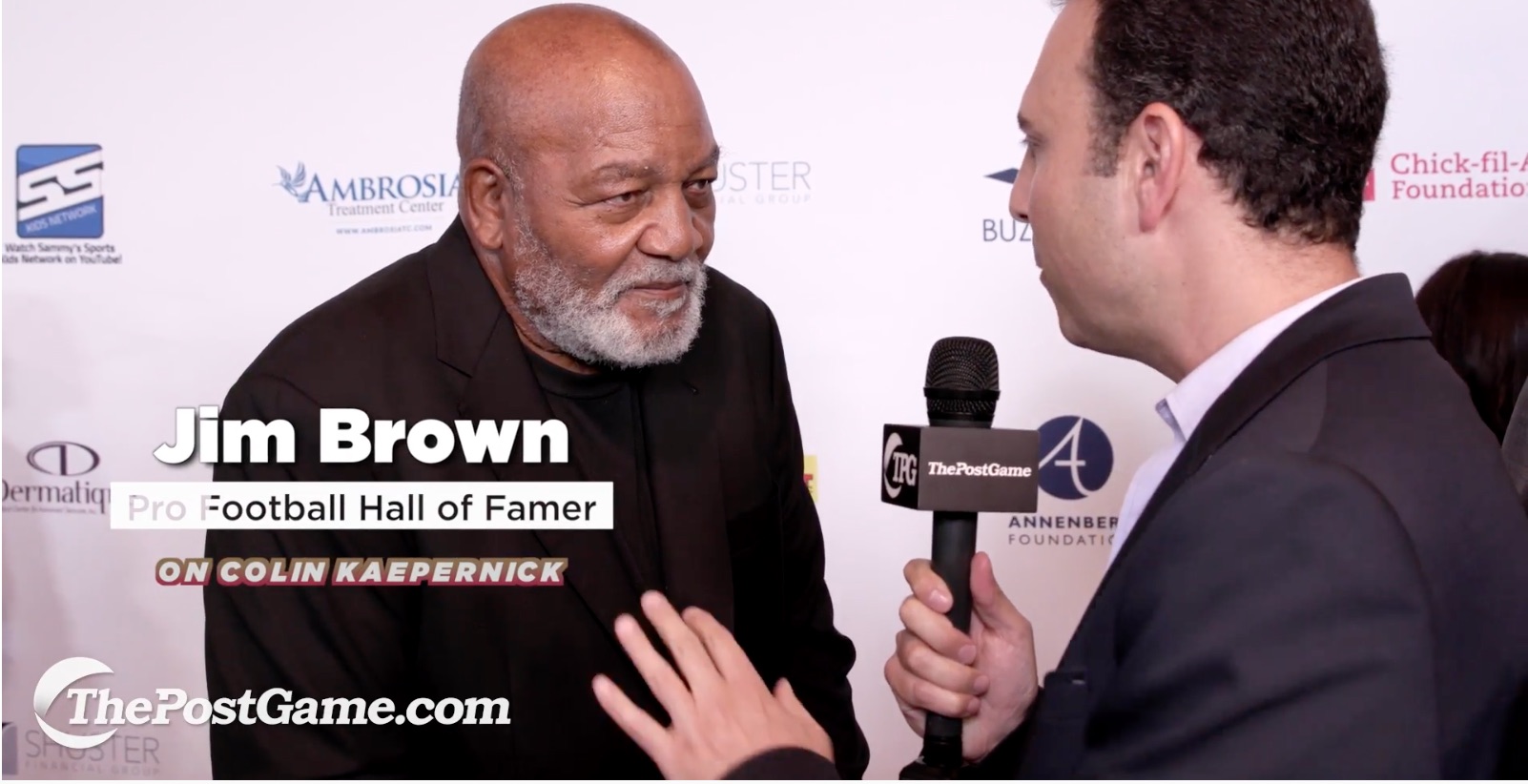Commentary: Post-Janus, the Government Union Empire Has Gotten Smaller, but It Is Still Inflicting Massive Harm on America
By Stan Greer

Will this presidential election be the most important in American history?
Commentary by Stan Greer originally published by RealClearPolicy and RealClearWire
Five years ago this summer, the U.S. Supreme Court decided that government employers across the country may not cut deals with Big Labor officials to fire civil servants for refusing to pay dues or fees to a union they don’t want, and never asked for.
The ruling that government-sector forced union dues and fees violate the First and Fourteenth Amendments came in Janus v. American Federation of State, County and Municipal Employees Council 31, a case argued and won free of charge on behalf of independent-minded Illinois civil servant Mark Janus by then-National Right to Work Legal Defense Foundation staff attorney Bill Messenger. (This spring, Messenger became the Foundation’s vice president and legal director.)
In addition to Right to Work Foundation attorneys, attorneys for the Winston & Strawn law firm and the nonprofit Liberty Justice Center in Chicago furnished Janus with free legal aid.
At the time Janus was announced, 25 states already had Right to Work laws on the books prohibiting compulsory financial support for all government unions. Moreover, two other pro-Right to Work statutes, respectively signed into law in 2011 and 2012 in Wisconsin and Michigan, protected most kinds of public employees from being fired for refusal to bankroll a union, but made certain exceptions.
Nevertheless, as of the 2017 calendar year the overwhelming majority of America’s nearly seven million unionized state and local public employees still resided in jurisdictions without Right to Work protections. In the months prior to the Supreme Court’s June 27, 2018, release of its Janus opinion, some Organized Labor observers recognized that a pro-free speech decision could potentially mean an ongoing annual loss of hundreds of millions or even billions of dollars in coerced union dues and fees for government union bosses.
To avoid major financial setbacks, Big Labor knew it would have to persuade, by hook or by crook, vast numbers of workers to support unions voluntarily who, before Janus, were only forking over union dues or fees because they had to in order to keep their jobs.
Continue reading here.
__________
Stan Greer is senior research associate for the National Institute for Labor Relations Research.
This article was originally published by RealClearPolicy and made available via RealClearWire.








